|
Professor Philip W. Carter, Jr., MSW, is an academic activist with over 40 years at Marshall University and a total of 50 years teaching, administering and training in higher education. He has a 60-year legacy of social justice. This advocacy began as a basketball player at Marshall and simultaneously as a spokesperson for the student led Civic Interest Progressives (CIP) responsible for desegregation in public accommodation, establishment of human rights commissions and racial betterment on Marshall’s campus and in the Tri-State community and elsewhere in West Virginia. Professor Carter has employed throughout the country sit-ins, wade-ins, share-ins, picketing, courts, education/information, voting, business policy, economic disruption and marches to secure Black rights. The Southern Governors’ Conference March, the March on Washington, D.C. and the Million Man March are a few personal engagements. He has taught over 60 Africana Social Work courses. He is a founder of the Black Legends of Marshall (a recognition of 125 African American Athletes at Marshall in 1995). At age 26 he was one of the highest-ranking leaders of the Congress of Racial Equality (CORE), one of the big four civil rights organizations. His education and experience at the University of Pittsburgh and in the community prepared him to lead Community Action Regional Training (CART) for 23 counties in Western Pennsylvania. His cumulative preparation in academia, the community in policy and political change led him back to his alma mater where he demanded accreditation of the Social Work department as its sixth leader in 13 years in 1980. Also, Professor Carter was founder of the Huntington Alumni Chapter making him a double charter founder in the International Fraternity, Kappa Alpha PSI, the first Black Greek organization on Marshall University’s campus in 1962. He has received numerous awards and recognitions across the country and approximately 30 negative job, police, administrative challenges, court orders and arrests including one horrific gang of white police beating him in Pittsburgh, Pennsylvania. Professor Philip W. Carter, Jr. continues in the pursuit of justice to expound and pound forward the gospel of persistent resistance to white Anti-African American racism regardless of cost and loss.
1 Comment
Author: Dr. Angela Oglesby-Cherry
About the Author: Dr. Angela Cherry is from Clarksburg, WV. She received a Bachelor of Science degree in Chemistry from West Virginia University. In 2002 she obtained her Medical Degree from West Virginia University School of Medicine. In 2006 she completed the WVU Rural Family Medicine Residency Program at Harpers Ferry, WV. In 2007 she completed a Maternal Child Health Fellowship at West Suburban Hospital in Oak Park, IL. Upon completion of fellowship she returned to the Eastern Panhandle of WV to serve as a Family Medicine faculty member. She has been teaching medical students and residents for over 15 years while practicing full spectrum family medicine. She has had the pleasure to deliver hundreds of babies in the eastern panhandle. She has also been afforded the opportunity to participate in medical mission trips to Rwanda, Guatemala, and Fiji. In 2016 her mid-career achievements were recognized when she received the WISH (Women in Science and Health) award from WVU School of Medicine. In 2017 she received a master’s in business administration from the WVU School of Business. In 2020 she was appointed as the WVU Rural Family Medicine Residency Director. When not traveling the world, Dr. Cherry enjoys relaxing with her husband, Wade and two dogs Rocky and Rocket. She enjoys being creative while actively drawing and painting with oil pastels, acrylics, and pencils. She is an avid card maker and scrapbooker with Stampin’ Up! Story: Long-standing systemic health and social inequities have put some members of racial and ethnic minority groups at increased risk of getting COVID-19 or experiencing severe illness, regardless of age. Among some racial and ethnic minority groups, including non-Hispanic black persons, Hispanics and Latinos, and American Indians/Alaska Natives, evidence points to higher rates of hospitalization or death from COVID-19 than among non-Hispanic white persons. As of June 12, 2020, age-adjusted hospitalization rates are highest among non-Hispanic American Indian or Alaska Native and non-Hispanic black persons, followed by Hispanic or Latino persons. COVID-19 is a new disease, and CDC is learning more about it and how it affects people every day. History shows that severe illness and death rates tend to be higher for racial and ethnic minority populations during public health emergencies than for other populations.
To protect yourself remember: Wear a cloth mask every time you leave the house Practice Social distancing Stay at home if you are ill Get tested if you are ill Stay Safe! Author: Charlene Marshall
About the Author:
Charlene Marshall did not set out to become mayor of Morgantown. But when five people told her not to run for office, she decided it was a good idea. Marshall grew up in rural Monongalia County, the daughter of a coal miner who died in the mines. She attended the county’s segregated schools in the 1940s and 50s, graduating from Monongalia High School. Unable to enroll in West Virginia University under the laws of the era, she briefly attended Bluefield State College. By the 1980s, she and her husband Rogers were established homeowners in the city’s Greenmont neighborhood. The area, close to downtown with a mix of Black and white homeowners and student rentals, was beginning to show signs of deterioration. “We formed a community group, and started to meet in my house,” she recalls. “It was before we had air conditioning, so when it was hot we’d meet in my driveway.” Their main goal was to get the city to take action against a handful of landlords whose decrepit houses were hurting the whole neighborhood. The group appointed her as president and spokesperson. “We wrote letters to every member of council, the city manager and the city clerk. And I started going to every meeting to ask what they would do to help us. Meeting after meeting, there was nothing done.” The problem wasn’t confined to one part of Morgantown. Neighborhood groups were springing up all over town, and several asked Marshall’s help in getting organized and taking their concerns to the city. An election was coming up. A rumor started that she would run for council. Her phone began to ring in the evenings. “This was before Caller ID, so you couldn’t see who was calling,” she said. “They didn’t say who they were. But four different people called me to tell me not to run. They all said the same thing – that a Black woman couldn’t win in Morgantown.” It wasn’t just white people, she recalls. She heard from several friends that some of Morgantown’s small but well-connected Black community were not excited about her candidacy. “What I thought was, if I couldn’t win, why are you all so worried I’ll run?” Then a University professor who was active in local politics showed up at her front door. “He rang my doorbell, and stood on my porch to tell me he was putting together a slate. He had a guy for our ward already, so I should not run. I thought to myself, ‘How far south do you think we are?’” “That was the deciding factor for me. If they were so scared of me running, I must have a chance.” She ran, and won. When the new council, including several neighborhood group leaders from around the city, met for the first time, they elected Marshall mayor. No one realized that night that she was making history. But a short time later, her friend Carolyn Bailey Lewis told her she had researched the records, and could not find any other city in the state that had elected a Black woman as mayor. Charlene Marshall’s term as mayor is remembered as a time of rebirth and regrowth for the city; the effects are still felt in the vibrant Monongalia County economy and growing population. Her successes led to several terms as a member of the House of Delegates, where she was a leading advocate for education, equal justice, and human rights for all. At every step, there were people who tried to discourage her – officials from other towns who thought she was a waitress at a statewide conference, parking attendants who tried to chase her out of the members-only spaces at the State Capitol, other legislators who dismissed and tried to silence her. She outlasted them all. “Most people are good, and I’m very grateful for all the old friends who supported me and all the new friends I made along the way. But I learned that you have to have a thick skin, and make the decision that you won’t let people hold you back. If they are not coming along, you just move ahead without them.” Congratulations to all of our 2020-2021 West Virginia Black Heritage Festival Scholarship recipients! We can't wait to see what their futures hold! This year, we awarded nine graduating seniors:
The West Virginia Black Heritage Festival, Inc. (WVBHF) established in 1990, has been bright light in the community throughout the years. In the early years of the festival there was family friendly fun festival every September, as well as, a Youth Block Party for the youth in the community. The festival also had a health fair component where attendees could meet with United Hospital Center nurses and have free blood pressure, sugar and blood work completed. The festival also given over $200,000 in scholarships to graduating high seniors throughout the state.
The festival has always performed community service throughout the year in many capacities, such as, a fundraising golf tournament where the proceeds went towards the WVBHF annual scholarship. For many years the festival provides book bags filled with much needed school supplies to under privileged students in the community, coordinated free eye exams. In 2017 the Board of Education donated the Kelly Miller School to the WVBHF. Since the generous donation, the WVBHF made the building the Kelly Miller Community Center (KMCC). The community center offers free programming, such as, STEAM Club, Youth Book Club, Family Movie/Game Night, Adult Game Night, Adult Book Club, Computer Learning Center, Kidding Around Yoga, and a Fitness Center. In addition to all of the regularly scheduled programs the KMCC, the WVBHF hosts community events, such as, MVB Bank Credit Improvement/Home Ownership Seminar, Business Fundamentals Seminar, Improv Your Community Training. The WVBHF will continue to provide a safe space to the underserved community members through programming and partnerships for many years to come! |
Due to the COVID-19 pandemic, the 2020 West Virginia Black Heritage Festival has been canceled but that doesn't mean we're taking a break! Archives
January 2021
Categories |
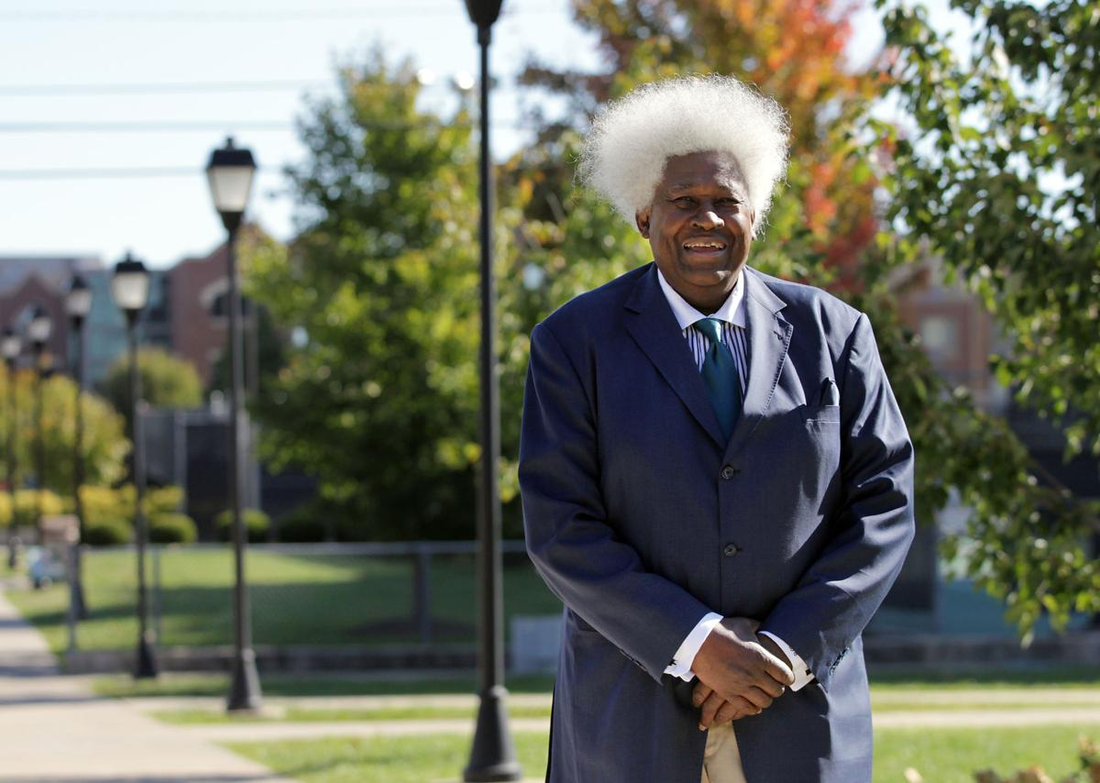
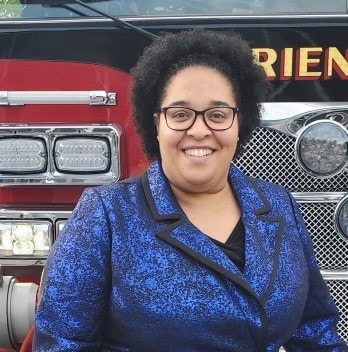
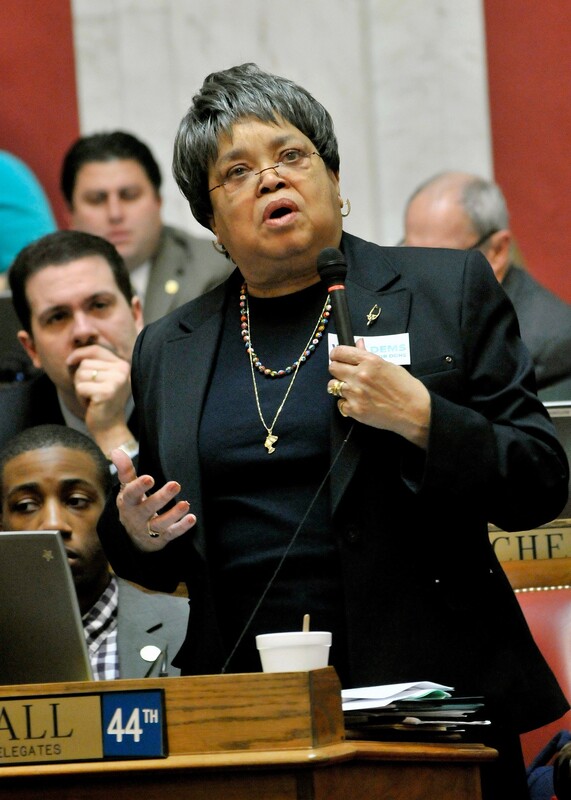
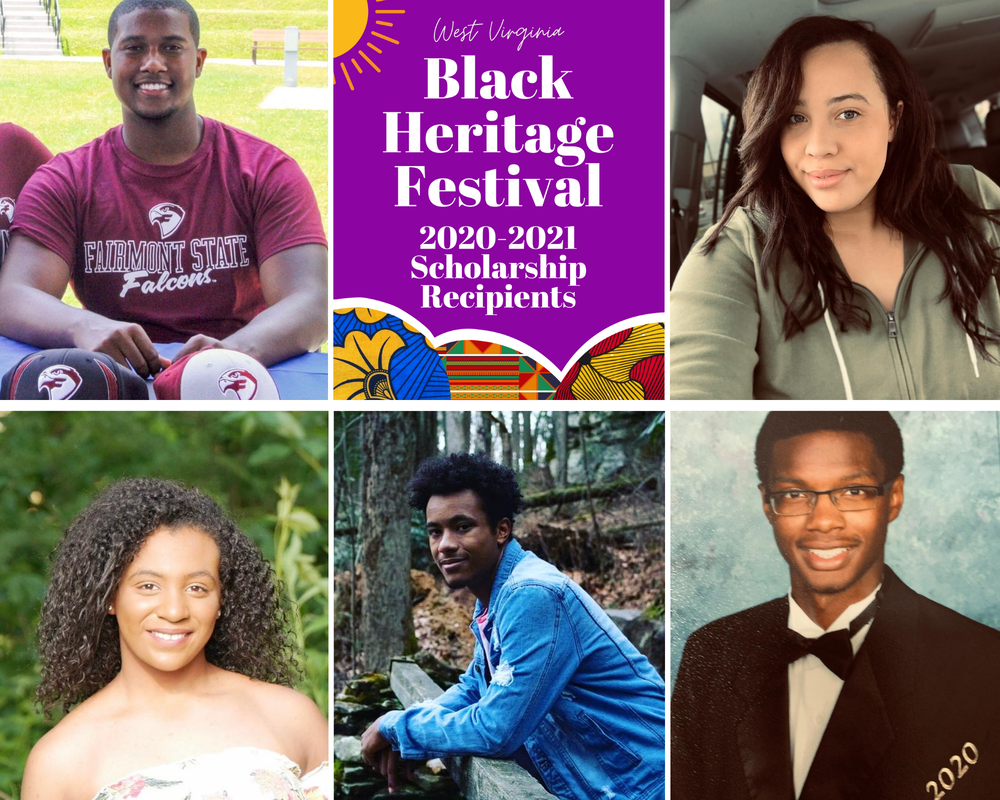
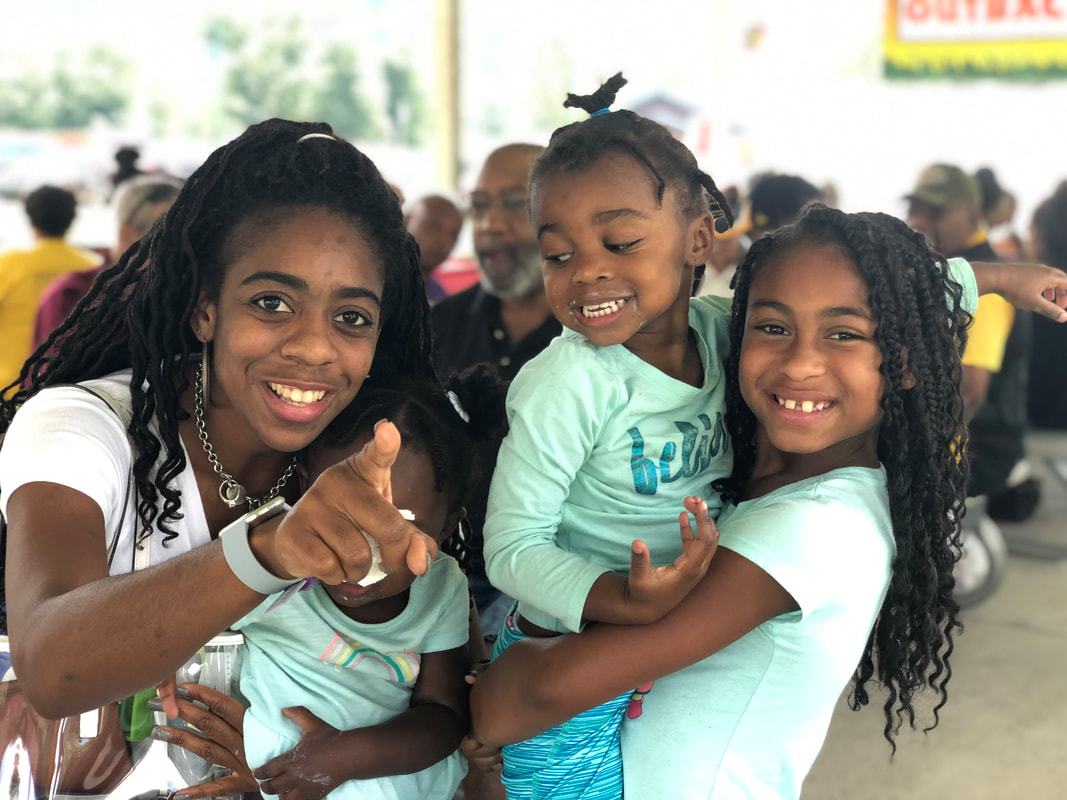
 RSS Feed
RSS Feed